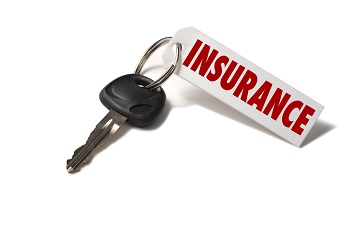The main job of auto insurance is to offer financial protection in case of an accident. Even so, an accident may be the very reason for increasing premiums. Understanding how car accidents affect your auto insurance rates can help you keep your premium at a more affordable price. 
A Single Accident Caused By You
Some insurance providers will overlook a single accident. After all, humans make mistakes from time to time. However, other insurance providers may raise your rates after you cause an accident. The price hike directly correlates with the risk of insuring you. The more likely you are to cause accidents—therefore costing your insurer money—the more you may pay for coverage. Luckily, one transgression won’t hang above your head forever. Your premiums are likely drop to pre-accident rates after three years or so if you’ve gone claim-free.
Multiple Accidents Caused By You
If you cause several accidents (especially within a short period of time), you may see a sharp increase in your rates. Why? It’s the beginnings of a pattern, one that is too risky for insurers to take on for the same price they offer to drivers with a proven record of safety. The rate at which your premium increases will vary by state, depending on local laws.
Accidents Caused By Other Drivers
Most insurance providers understand the frustration and inconvenience caused by getting into an accident when the fault is on the other driver. In these cases, the other driver’s insurance is responsible for covering your expenses. That means that it doesn’t cost your insurance provider, so there are no expenses to transfer onto you. While every case is different, it’s not uncommon for your rates to remain the same in these situations.
Posted Wednesday, May 19 2021 9:15 AM
Tags : auto insurance
|
NOTICE: This blog and website are made available by the publisher for educational and informational purposes only.
It is not be used as a substitute for competent insurance, legal, or tax advice from a licensed professional
in your state. By using this blog site you understand that there is no broker client relationship between
you and the blog and website publisher.